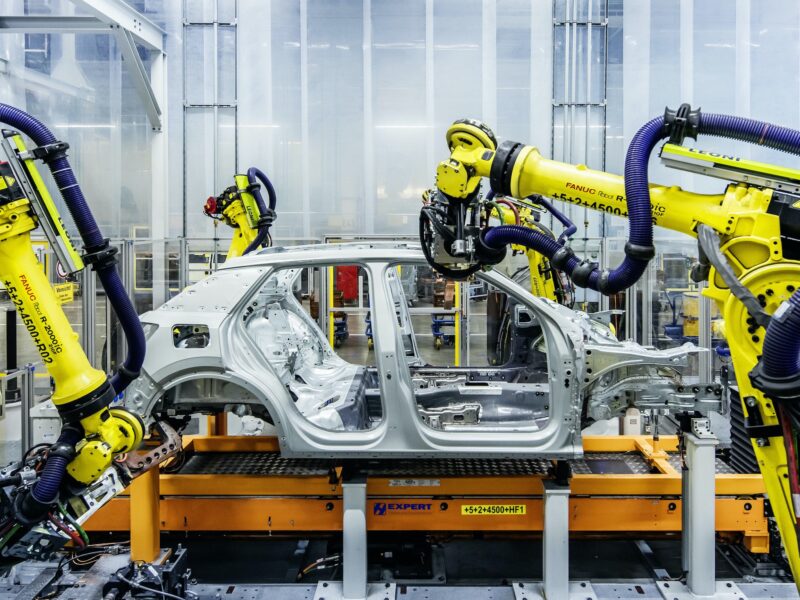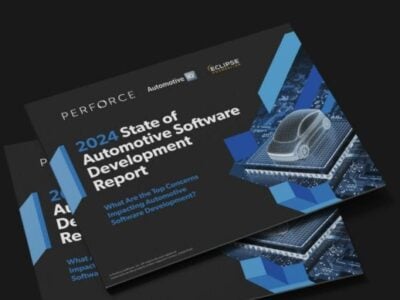
Chip shortages worsen for car makers
Stellantis, formed by the merger of Fiat Chrysler and the PSA Group, is not alone in this predicament – other carmakers are currently experiencing similar shortages. The situation is getting worse rather than better.
Stellantis’ recently presented quarterly figures were actually quite good. Turnover, sales, market share – all in the green. However, the figures could have been much better. As further effects of the semiconductor shortages cannot be predicted for the rest of the year, the carmaker is again expecting a deterioration in the second quarter.
Other carmakers around the world are also suffering the consequences of the chip shortages after cancelling orders at the start of the Covid-19 pandemic. Chip makers then understandably took advantage of opportunities in the booming communications and consumer electronics (including PCs) and signed supply contracts with companies from these industries for far larger quantities than the car industry. For example, Apple’s semiconductor demand alone is larger than that of all car manufacturers combined. When the car industry realised that demand had not collapsed as much as feared, however, it had to fall in line with its new orders.
The consequences are now visible. Ford Germany recently announced that it would have to stop production almost completely at its plant in Cologne – and for several months at that. The reason here too: There is a shortage of semiconductor chips for installation in the cars. About 5000 employees are affected; work will be largely suspended until 16 August.
BMW is also affected, although not quite as severely. According to reports, there are delays in deliveries, especially for the X1 and X2 models as well as for the high-volume 1 series. Daimler is installing the available chips, as far as feasible, in the Mercedes S-Class – at the expense of the “simpler” A- and B-Class. Within the Volkswagen Group, the model series Tiguan and Jetta with the production sites in Mexico as well as the Porsche models Cayenne (production site Bratislava) are affected. Audi is also experiencing delays, especially with the “large” SUVs Q7 and Q8. Hyundai reported temporary production stops for two models in April.
What makes the car industry suffer makes the semiconductor manufacturers happy. Their factories are working to capacity as never before. The latest quarterly reports of chip manufacturers such as NXP, STMicroelectronics and, most recently, Infineon show jumps in sales, some of them significant. Infineon raised its forecast at the beginning of this week. In most application fields, customer demand clearly exceeds supply, explained Infineon CEO Reinhard Ploss. The chip manufacturer sees bottlenecks above all in those segments in which external contract manufacturers are involved.
Related articles on chip shortages:
- Chip bottleneck continues to thwart auto industry recovery
- Chip supply cuts VW car production
- Intel could make automotive chips to ease shortfall
- VW plans own chip development
Other articles on eeNews Europe
- BMW winning race to solid state battery electric car in 2022
- TSMC moves to MRAM for scratchpad memory
- NXP to raise $2bn for green projects
- Intel $3.5bn boost for chiplets
- Spectre flaw re-opens chip risks
 If you enjoyed this article, you will like the following ones: don't miss them by subscribing to :
eeNews on Google News
If you enjoyed this article, you will like the following ones: don't miss them by subscribing to :
eeNews on Google News



